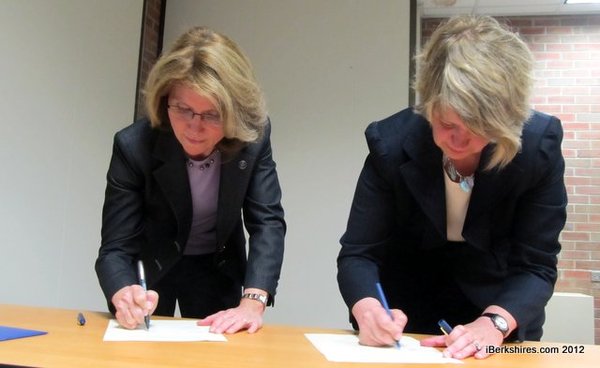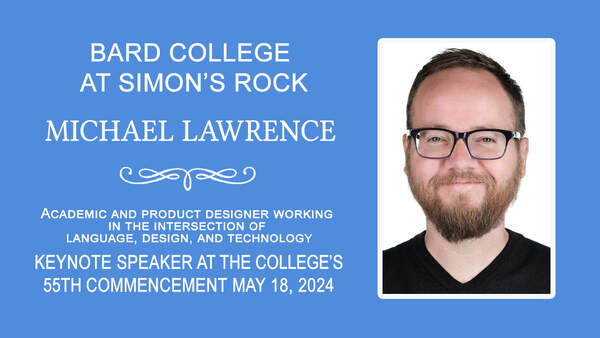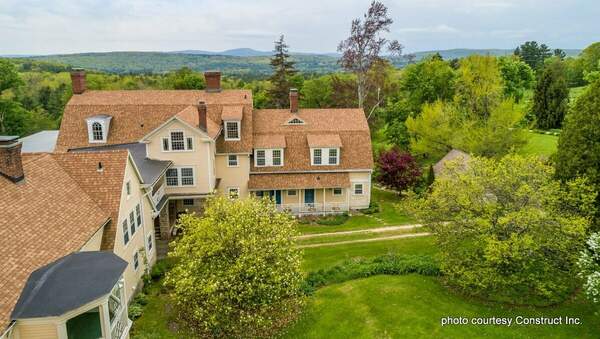State Spending on Higher Ed Pays Dividends For Local Colleges
 MCLA's Mary Grant, left, and BCC's Ellen Kennedy signing an agreement in 2012. The public college presidents are optimistic about continued state support for higher education. MCLA's Mary Grant, left, and BCC's Ellen Kennedy signing an agreement in 2012. The public college presidents are optimistic about continued state support for higher education. |
PITTSFIELD, Mass. — In his final budget proposal, Gov. Deval Patrick has again placed education atop his priority list.
That support in recent years has led the county's two state higher education facilities to halt student fees as well as make capital improvements.
"[Fees] were going up at an appreciable rate and that's why we're going to stop them," said Berkshire Community College President Ellen Kennedy. "We had a pretty large jump for years and now we're holding it there."
The governor has put forth a budget proposal that calls for $1.1 billion toward higher education, which includes a boost of $13 million for the community college system.
Kennedy says with that, for the second year in a row, the student fees will be frozen. The school charges about $192 per credit in fees and tuition for an in-state student — a total that had grown in the height of the recession as much as $20 per credit in one year.
"Places such as higher education had to turn to other ways to find funds," Kennedy said, adding that the state and federal government had been chipping into higher education funding for decades and the college still received less money than it did in 2000. "At BCC, and all smaller colleges, we have higher fees because we have less people to share that expense."
With the costs of operations continually going up, Kennedy says she is "very appreciative" of the the governor's support in higher education. In North Adams, Massachusetts College of Liberal Arts President Mary Grant agrees.
"The conversation has changed in Massachusetts in the last few years which is very encouraging. We're thrilled for the support," Grant said, calling the most recent budget a good start to the process.
All state schools froze fees last year in part of a 50/50 agreement, which was made in conjunction with the increased funding. BCC's is in a position to freeze fees again; but for MCLA the proposal isn't quite enough. Grant is hoping the Legislature reaches the agreement again.
"We do want to be able to keep the fees low; we'd love to freeze them again. So we have to keep on working toward that 50/50 split," Grant said.
She has support from local legislators in that effort. State Rep. Paul Mark, D-Peru, who sits on the Higher Education Committee, says he is confident the House of Representatives will be able to bring back the split.
"I think education should be a priority. Young students, that's our future," Mark said of the upcoming budget debate. "My priority is going to be higher education and to stick with the 50/50 funding."
It is not just the general funding to curb the increasing cost to the students that the college presidents have been grateful for in recent years, but for the capital expenditures they've been able to make.
"We are very appreciative of the support from Gov. Patrick. He has been the education governor in terms of supporting not only the [Feigenbaum] Center for Science and Innovation but also funding for public higher ed," Grant said.
After a decade of work and lobbying, MCLA opened the science center last fall. MCLA tapped into $54.5 million in capital funds from the state' 2008 Higher Education Bond Bill to build the center and for coming renovations to Bowman Hall.
In the meantime, the college also renovated student dormitory Hoosac Hall and is currently finishing a new facilities building on Ashland Street.
BCC will see its long-awaiting renovations to Hawthorne and Melville Halls with $23 million from the governor's capital bond bill. Those two buildings are currently in the design phases and will be constructed in 2015 — after being listed for renovation on a 2004 master plan.
"That's a game changer," Kennedy said.
BCC has done exterior work on buildings and tapped into a federal and state funds to install solar panels on roofs.
Overall, the colleges have reversed the trends of deteriorating buildings while raising the cost to attend, giving the local college presidents an optimistic outlook on their campus.
"We're just excited about the future of the institution, Grant said.
Tags: BCC, higher education, MCLA, public education,















